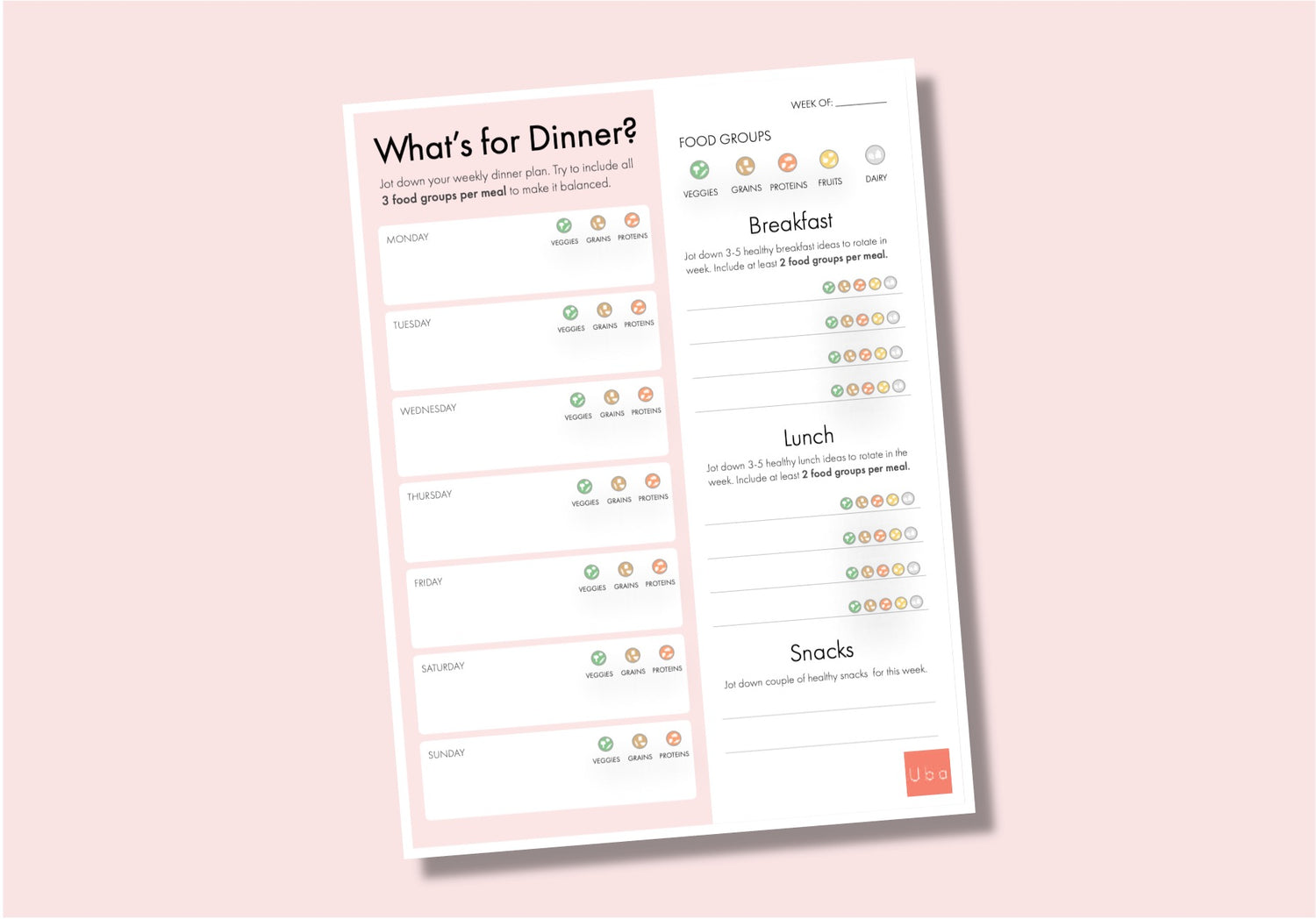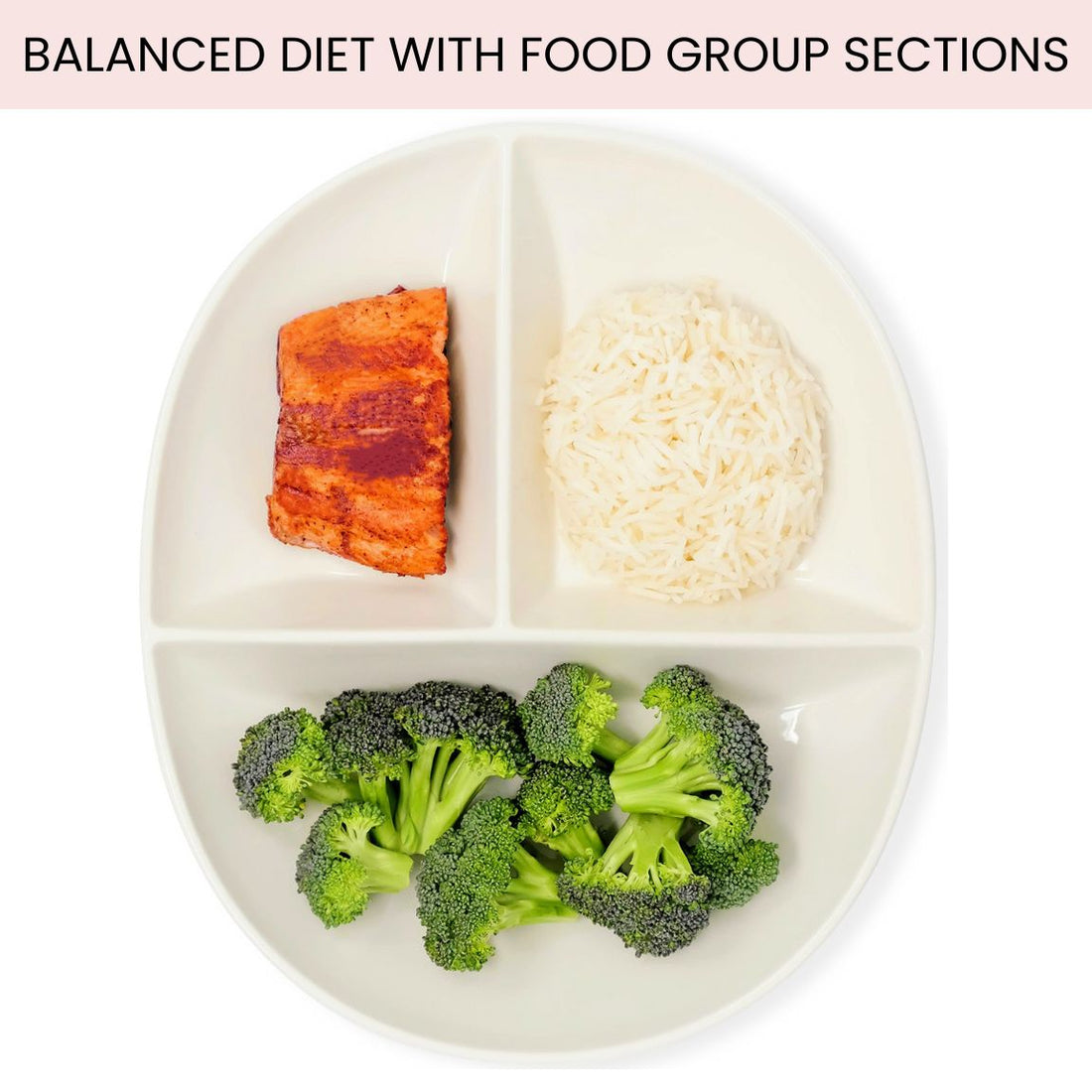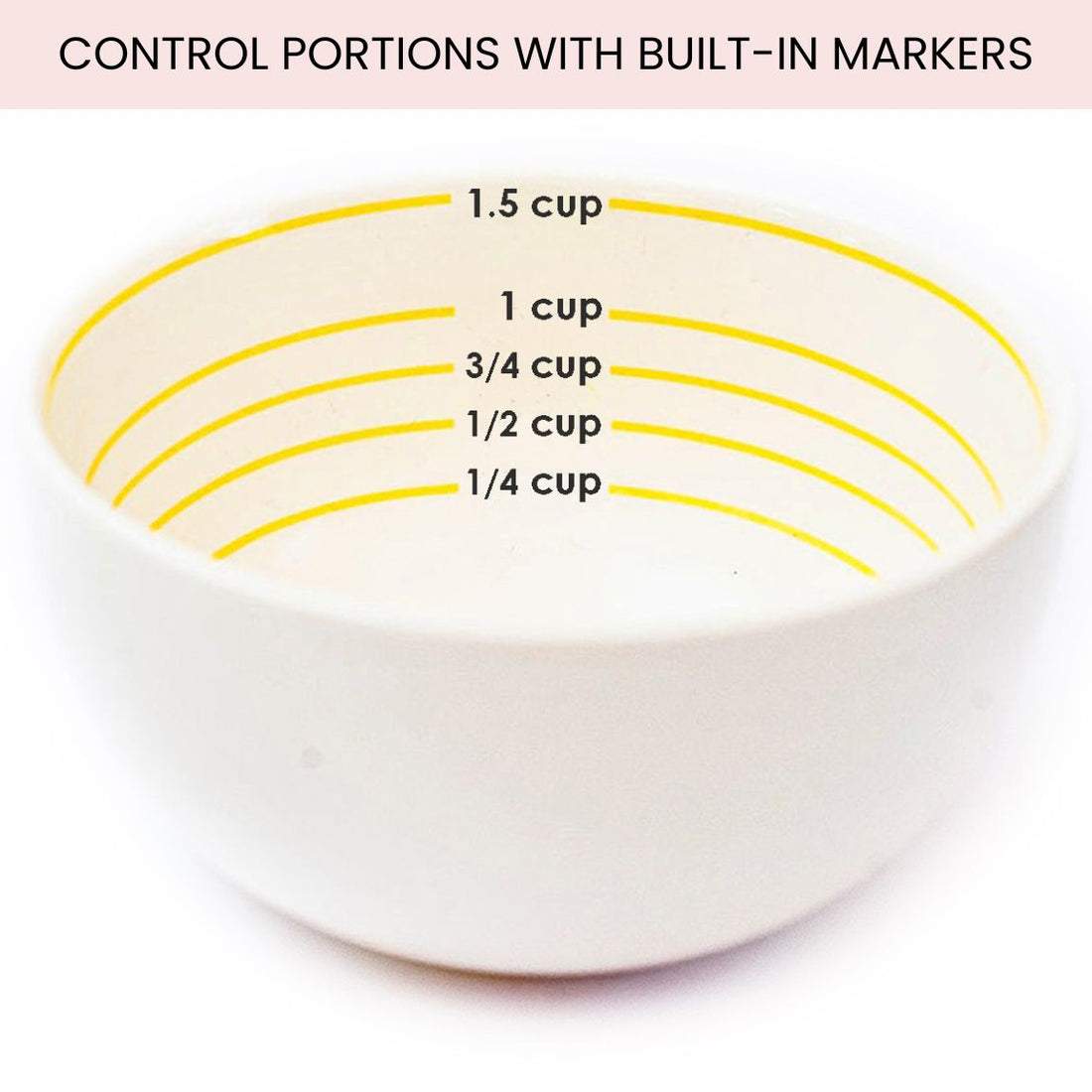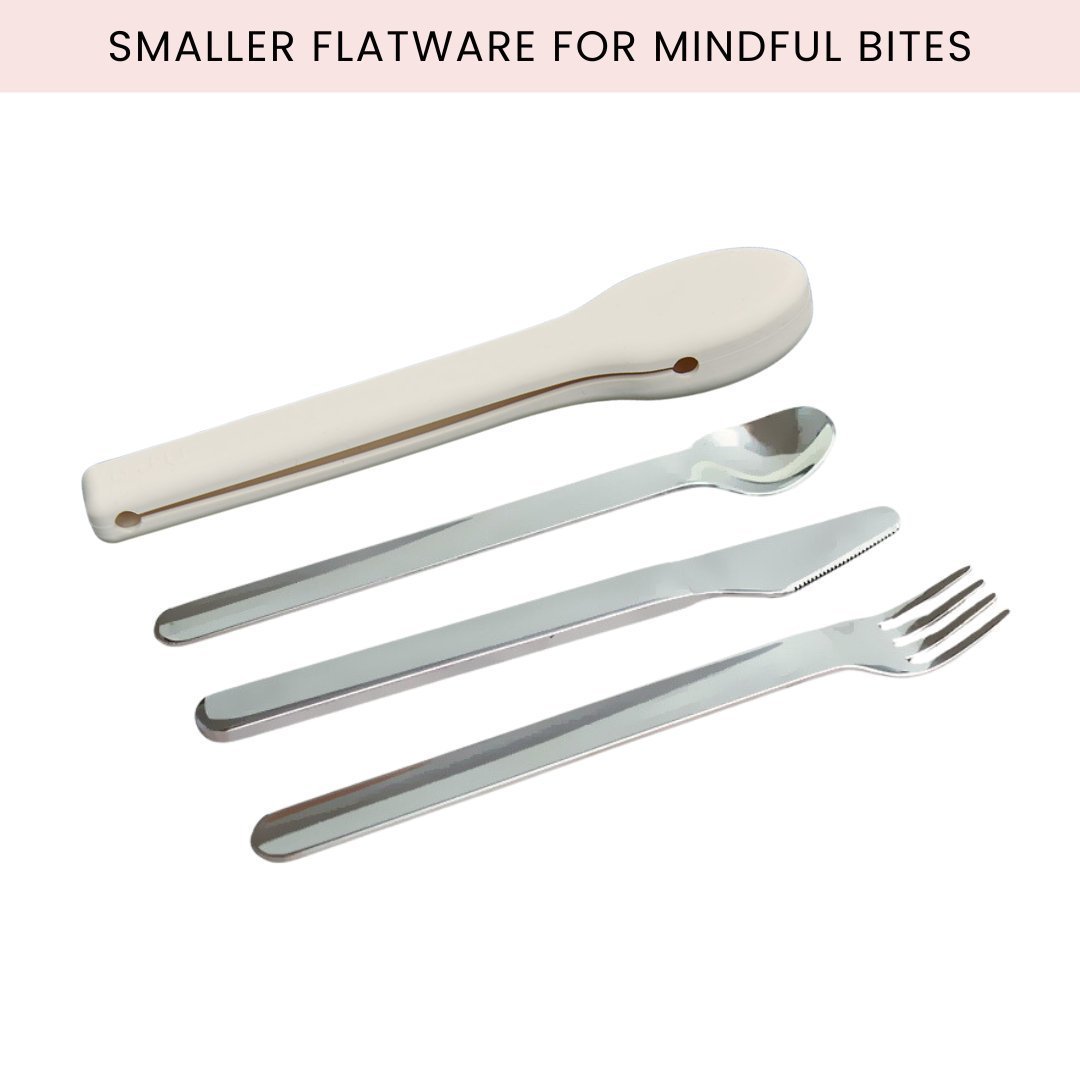When it comes to maintaining a healthy lifestyle, there are various approaches to consider. One of the most debated topics in the health and wellness industry is the effectiveness of calorie counting versus focusing on balanced nutrition. Both methods have their pros and cons, but which one is truly the best approach? Let's explore the differences and benefits of each.
What is Calorie Counting?
Calorie counting is a method of tracking the number of calories consumed in a day. The idea behind this approach is that weight loss or maintenance is achieved by creating a calorie deficit, where you consume fewer calories than you burn. This method requires meticulous tracking of every calorie consumed, often with the help of smartphone apps or food diaries.
Benefits of Calorie Counting
One of the main advantages of calorie counting is its simplicity. It provides a clear guideline on how much to eat and allows for flexibility in food choices. It can be an effective method for weight loss, as it creates awareness of portion sizes and helps individuals make more mindful food choices. Additionally, calorie counting can be a useful tool for those with specific dietary goals, such as athletes or individuals with certain medical conditions.
Drawbacks of Calorie Counting
While calorie counting can be effective for weight management, it does have some drawbacks. It can be time-consuming and tedious to track every single calorie consumed. This method also focuses solely on quantity rather than quality, which means that individuals may prioritize low-calorie processed foods over nutrient-dense options. Moreover, calorie counting may lead to an unhealthy obsession with numbers and can contribute to disordered eating patterns in some individuals.
What is Balanced Nutrition?
On the other hand, balanced nutrition emphasizes the quality of food rather than solely focusing on calorie intake. This approach involves consuming a variety of nutrient-dense foods from all food groups, including fruits, vegetables, whole grains, lean proteins, and healthy fats. The goal is to provide the body with the necessary nutrients it needs to function optimally.
Benefits of Balanced Nutrition
One of the key advantages of balanced nutrition is that it promotes overall health and well-being. By consuming a variety of nutrient-dense foods, individuals can ensure they are getting all the essential vitamins, minerals, and macronutrients their bodies need. This approach also encourages a healthy relationship with food, as it focuses on nourishment rather than restriction. Additionally, balanced nutrition can support long-term weight management by providing sustained energy and reducing cravings.
Drawbacks of Balanced Nutrition
While balanced nutrition is generally a healthy approach, it may not be suitable for everyone. Some individuals may find it challenging to determine appropriate portion sizes or struggle with food choices. Additionally, those with specific dietary restrictions or medical conditions may require more personalized approaches that go beyond general balanced nutrition guidelines.
Conclusion
When it comes to calorie counting versus balanced nutrition, there is no one-size-fits-all answer. Both approaches have their merits and can be effective depending on individual goals and preferences. For some, calorie counting may provide structure and accountability, while others may find success and satisfaction in focusing on balanced nutrition. Ultimately, the best approach is one that promotes a healthy relationship with food, supports overall well-being, and is sustainable in the long run.
Photo credit: Spencer Stone









